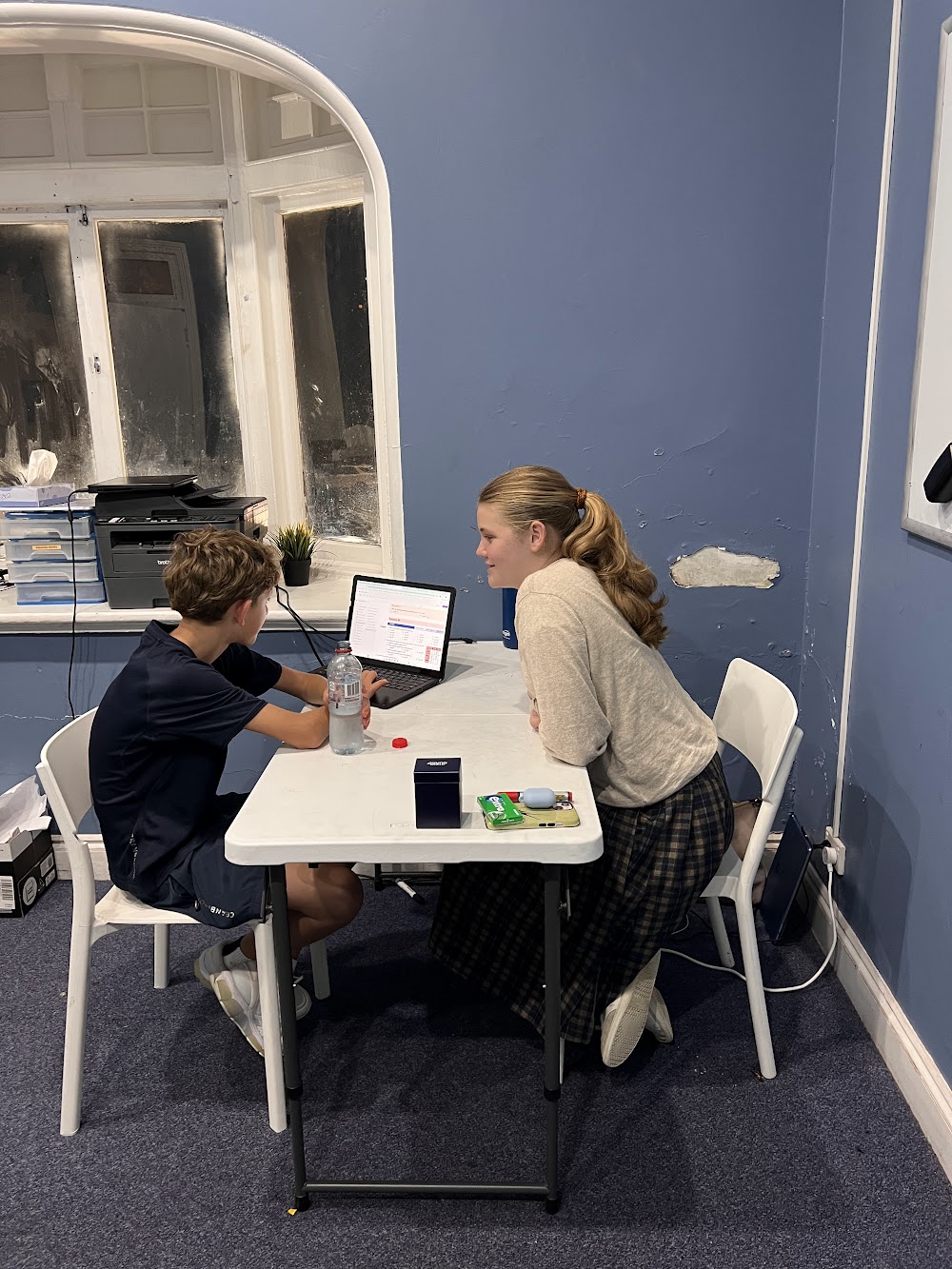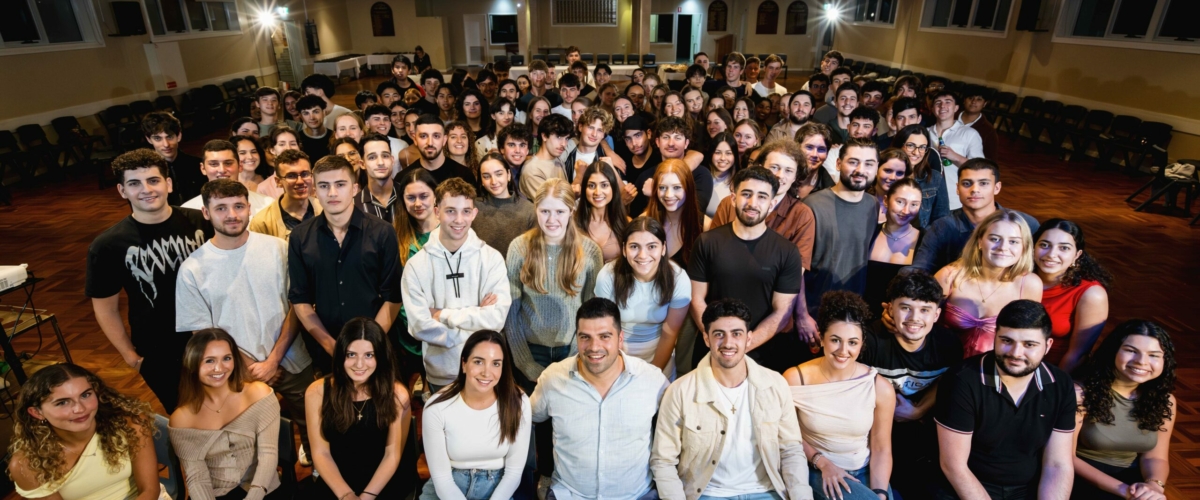
Tutoring from a young age has a significant positive impact on a child’s cognitive ability and overall brain development. During early childhood, the brain is highly malleable, forming new neural connections rapidly. Introducing structured learning through tutoring at this stage enhances brain plasticity and supports the development of core skills such as memory, attention, problem-solving, and language.
Early tutoring stimulates both the left and right hemispheres of the brain. Activities involving reading, math, and language help strengthen logical reasoning, comprehension, and verbal skills, while creative tasks foster imagination and emotional intelligence. Personalized tutoring also helps children develop metacognitive skills—the ability to think about their own thinking—which is crucial for long-term academic and life success.
Additionally, one-on-one tutoring often provides a nurturing and supportive environment where children feel more comfortable asking questions and exploring ideas. This confidence-building interaction promotes curiosity and a love of learning. As children engage in consistent practice and feedback, their working memory and executive functions such as planning, strategically organising, and focusing have seen to improve significantly.
Scientific studies using brain imaging have shown that early educational interventions can lead to changes in brain structure and function. For instance, children who receive early cognitive support show increased activity in areas of the brain related to language and decision-making.
Ultimaltey , tutoring at a young age plays a vital role in boosting cognitive development by enhancing neural connectivity, building key learning skills, and fostering a growth mindset. These benefits often lead to better academic outcomes and greater adaptability in future learning environments.
Jordan Udler









